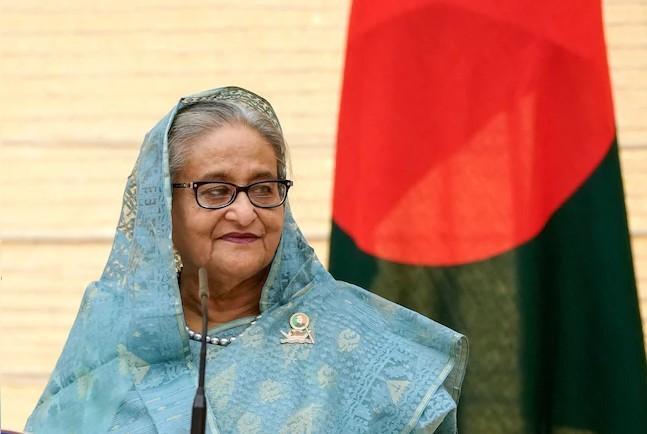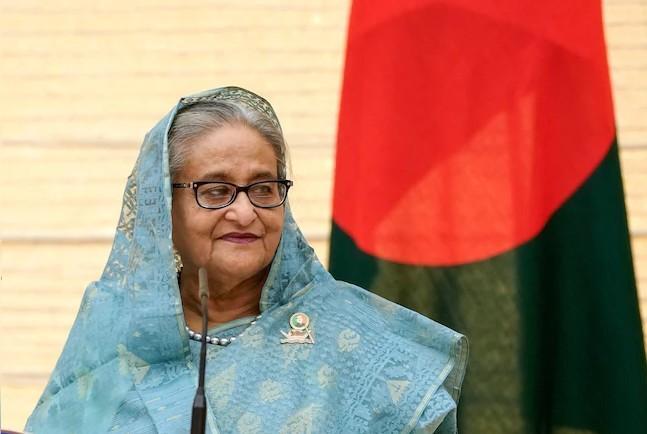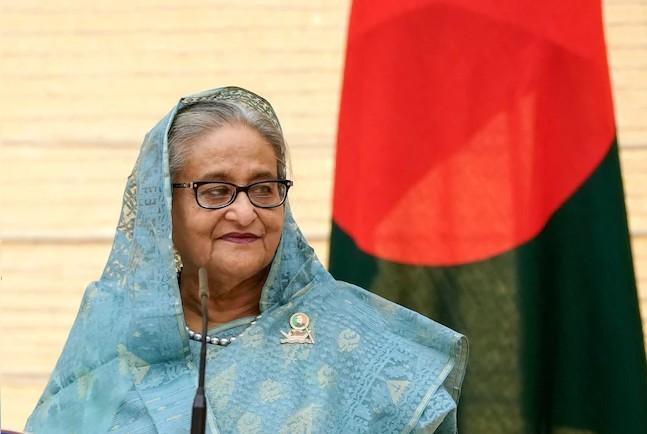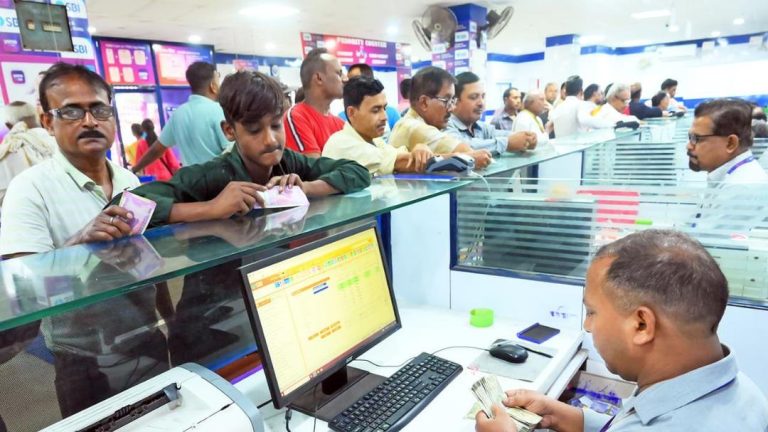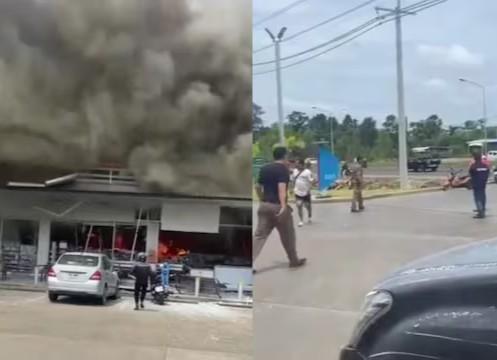
Hope Thailand & Cambodia will take measures for a cessation of hostilities: India
The ongoing border clashes between Thailand and Cambodia have left the international community on edge, with many countries expressing concern over the escalating situation. Amidst the tension, India has issued a statement urging both countries to take measures for a cessation of hostilities and prevention of further escalation. In a bid to ease the situation, the Indian Ministry of External Affairs (MEA) spokesperson, Randhir Jaiswal, said that India was “closely monitoring the situation” and hoped that both Thailand and Cambodia would take steps to de-escalate the conflict.
The border clashes between Thailand and Cambodia began on April 25, with both sides exchanging gunfire and artillery fire. The conflict has resulted in the deaths of several people and injuries to many more. The situation has been particularly concerning, as it has raised concerns about the stability of the region and the potential for further escalation.
India’s statement comes as a significant development in the crisis, given its close relations with both Thailand and Cambodia. The country has traditionally maintained good relations with both nations, and its intervention is likely to carry significant weight in the region. The MEA spokesperson’s comments are a clear indication that India is committed to finding a peaceful resolution to the conflict and is urging both sides to exercise restraint.
The situation on the ground is tense, with both sides accusing each other of aggression. Thailand has accused Cambodia of violating its territorial sovereignty, while Cambodia has claimed that Thailand is attempting to encroach on its territory. The conflict has also led to the displacement of hundreds of people, with many more potentially at risk.
India’s intervention in the conflict is likely to be influenced by its strategic interests in the region. India has traditionally maintained good relations with Thailand, which is a key player in Southeast Asia. The country has also been involved in various initiatives aimed at promoting regional stability and cooperation, including the ASEAN-India summit, which was held in 2018.
Cambodia, on the other hand, has been a key player in India’s Look East Policy, which aims to strengthen ties with countries in Southeast Asia. India has been involved in various development projects in Cambodia, including infrastructure development and education initiatives. The country has also been a key player in the Mekong-Ganga Cooperation (MGC) initiative, which aims to promote cooperation between India and countries in the Mekong region.
India’s intervention in the conflict is likely to be influenced by its desire to promote regional stability and prevent any further escalation of the conflict. The country has a long history of promoting peace and stability in the region, and its intervention in the conflict is likely to be seen as a key factor in finding a peaceful resolution.
The international community has also been watching the situation closely, with various countries issuing statements urging both sides to exercise restraint. The United States, the European Union, and ASEAN have all issued statements calling for a peaceful resolution to the conflict. The United Nations has also been involved in efforts to resolve the conflict, with the UN Secretary-General, António Guterres, calling for both sides to exercise restraint.
In conclusion, India’s statement urging Thailand and Cambodia to take measures for a cessation of hostilities and prevention of further escalation is a significant development in the crisis. The country’s close relations with both nations and its strategic interests in the region make its intervention a key factor in finding a peaceful resolution to the conflict. The international community is closely watching the situation, and India’s intervention is likely to play a key role in promoting regional stability and preventing further escalation of the conflict.
